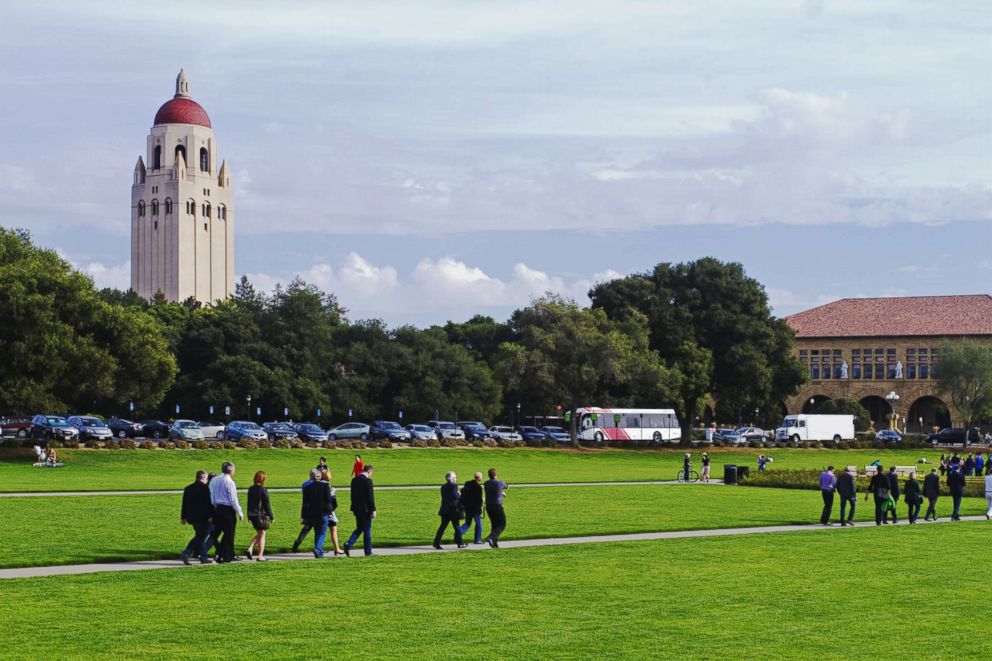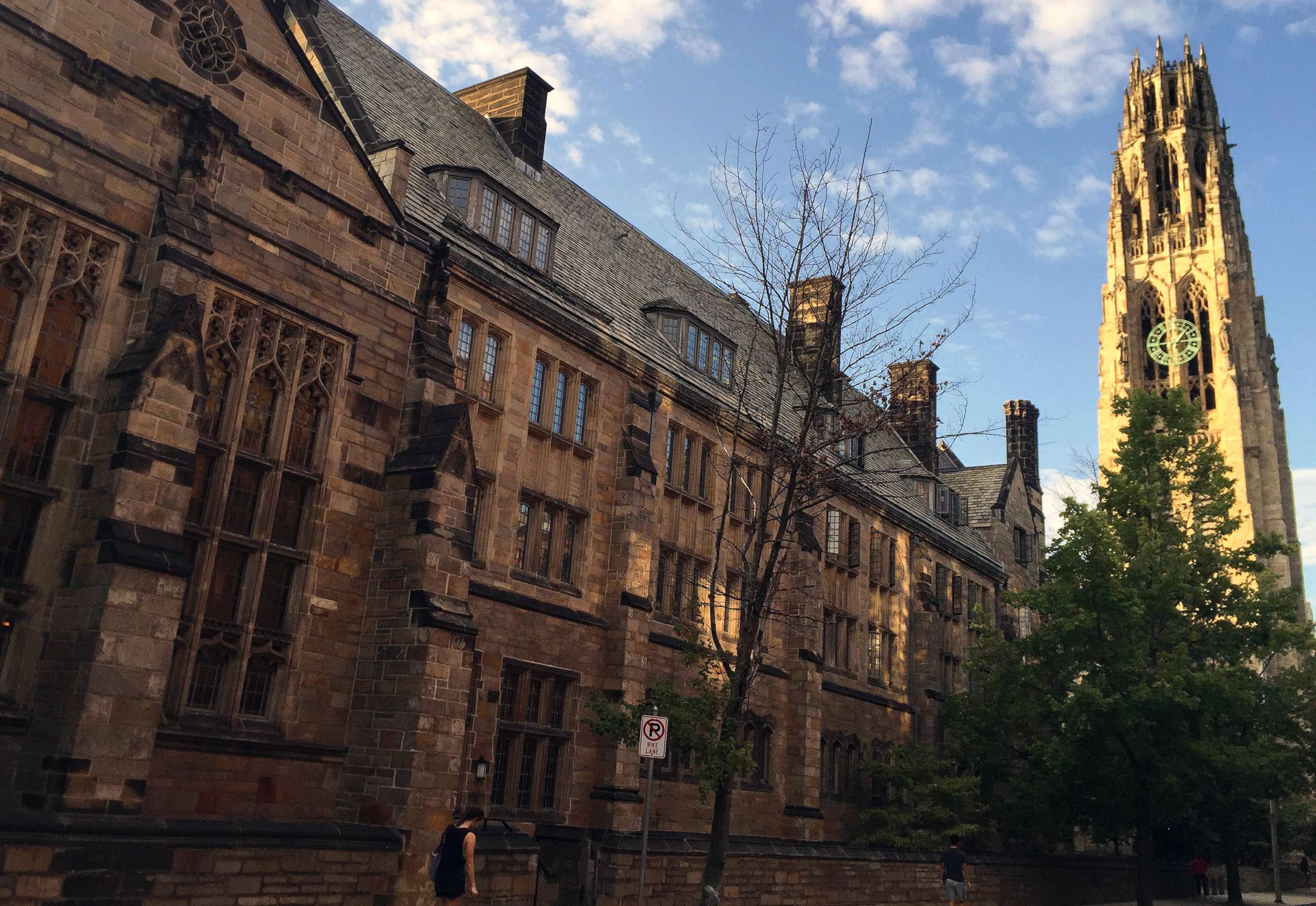College admissions: The real scandal is what's perfectly legal: ANALYSIS
You can’t really blame the parents. Parents aren’t stupid.
It’s tragic. It’s infuriating. And it’s the logical result of the insanity of our sham "meritocracy."
Today, hearing about this federal investigation, many Americans might just shrug and say to themselves that the game of college admissions has for decades been a racket -- a criminal complaint only confirms the fact under law.
They also sense that this racket has become one of the main drivers of inequality in the United States in recent decades.
Privileged families have long been engaged in a "meritocratic" arms race to get their kids into these "elite" institutions. There’s the $50,000 to $60,000 private schools with their minimalist student-teacher ratios, the violin lessons, the tennis instructors and travel soccer teams, the resume-building work-study summers abroad, the internships with famous corporations and NGOs, and, yes, all the tutoring to make those gleaming grades and ace those college admissions tests—all of it—it’s a profound corruption of the meaning and purpose of “education,” far more corrosive to our society than anything in today’s indictments.
Because it’s perfectly legal.
But you can't really blame the parents. Parents aren't stupid.
And I'd argue it represents a gigantic theft of wealth and opportunity happening every day in plain sight.

But you can’t really blame the parents. Parents aren’t stupid. They are responding rationally on behalf of their children to the viciously skewed incentives of the American economy.
In 1968, as Steven Brill recounts in his book "Tailspin: The People and Forces Behind America's Fifty-Year Fall-and Those Fighting to Reverse It," a freshly minted graduate from a “top-tier” law school received a starting salary about 25 percent higher than the annual income of the average American family. Today, Brill notes these young lawyers earn a salary more than 230 percent higher than the average American. Among business and finance grads from “top” schools, the disparities can be even greater. The Harvard Business School graduating class of 1986 reported a median net worth of $6 million in 2012, at a time when the markets were still recovering from the financial crisis. The figure would be much higher today. The median net worth of the average American household is $97,300.
So, as many economists and others have pointed out, we can’t kid ourselves any more about what the admissions process for “elite” colleges has actually become in America: “a mechanism for the dynastic transmission of wealth and privilege across the generations,” as Yale Law School professor Daniel Markovits declared.
“Although it was once the engine of American social mobility, meritocracy today blocks equality of opportunity,” Markovits said in an extraordinary commencement speech at Yale Law School in 2015. “The student bodies at elite colleges once again skew massively towards wealth.”
you know who else isn't stupid? American voters
Markovits went on to estimate the cost of all those years of college prep, and concluded it was the economic equivalent of a traditional inheritance of $5-$10 million.
“In general, children from poor or even middle-class households cannot possibly compete—when they apply to places like Yale—with people who have imbibed this massive, sustained, planned, and practiced investment, from birth or even in the womb,” Markovits concluded. “American meritocracy has become precisely what it was invented to combat.”

That, ultimately, is a political problem. And you know who else isn’t stupid? American voters.
The upheavals in our politics in recent years—the populisms of right and left, the openness to all kinds of ideas and policy proposals previously considered radical, the rejection of the consensus economics of the last several decades—represent the democratic efforts of Americans to break the stranglehold of unwarranted privilege in our society and economy, and give new reality to the tarnished promise of equality. Seen in that light, these upheavals, these elections and campaigns and debates we cover—they’re so all-American they’re almost heroic. We live in extraordinary times.
Finally, spare a thought for all the high-school seniors (the ones whose parents aren’t rich and don’t pay bribes) who are today waiting on those April admissions letters. Waiting to learn their fate. Because that’s what it feels like in today’s America—fate. It feels like where you get into college is your fate. And that needs to change.
Terry Moran is a Senior National Correspondent for ABC News based in Washington, D.C.



